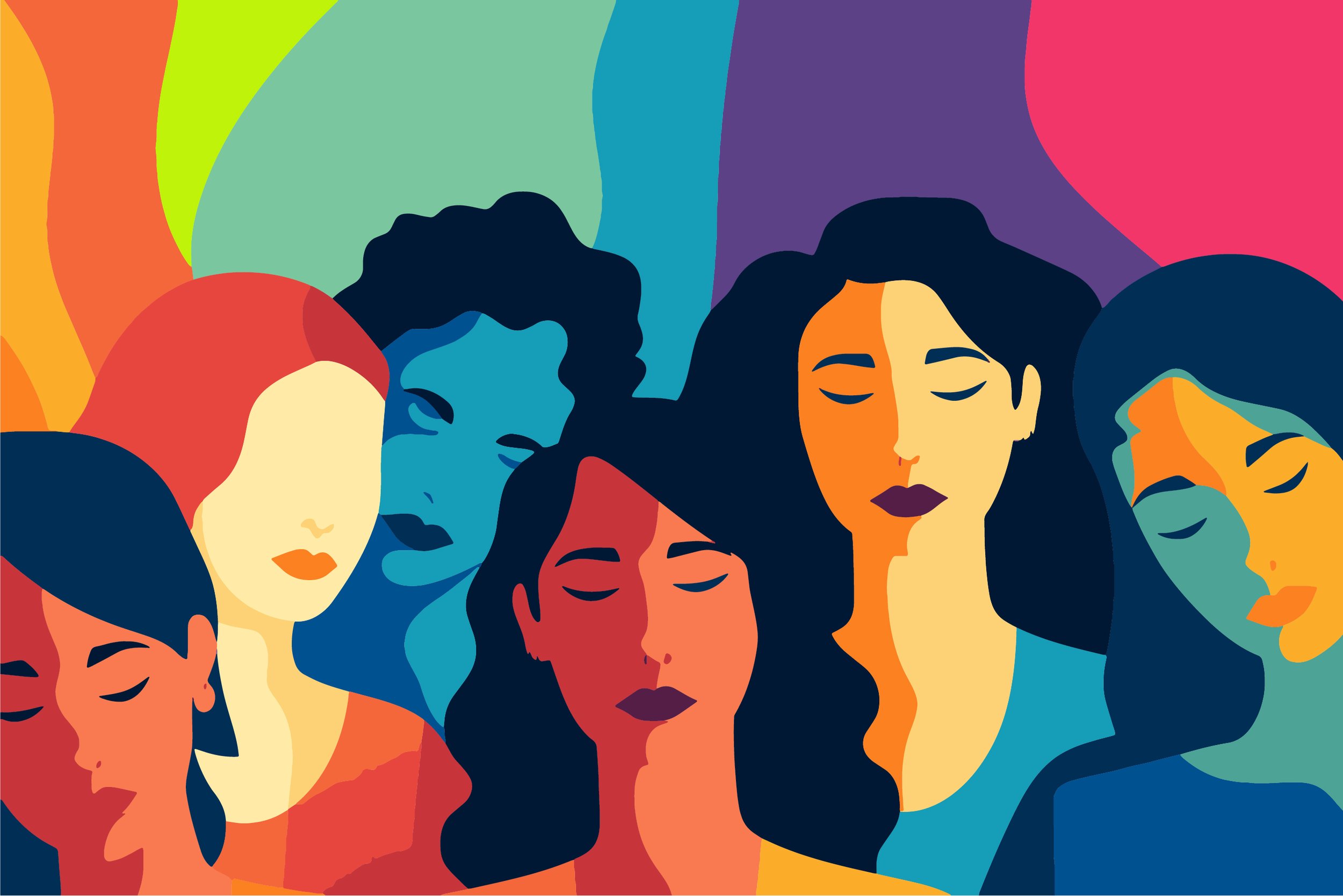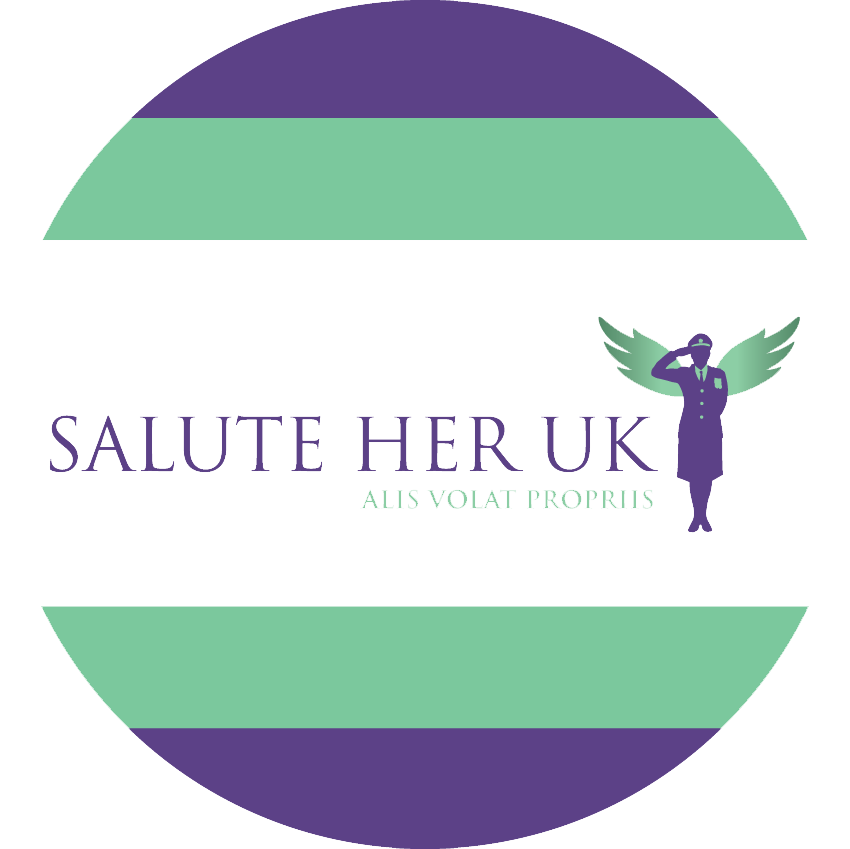
Women in the Armed Forces, Veterans and Women At Sea in the United Kingdom are an invisible, marginalised and frequently ignored population within the community.
Salute Her UK is a strong voice advocating for a holistic, compassionate continuum of services, treatment and care for our women in the Armed Forces, Veterans, Women At Sea, families, care givers and care providers.
Salute Her UK works to improve the lives of UK women in the Armed Forces, Veterans and Women At Sea by addressing the distinct and intersectional needs of women. We highlight the unique and often unrecognised challenges facing women in the Armed Forces, Veterans and Women At Sea both during and after service. For example, issues regarding gender, age, social class, race, disability and sexual orientation.
Obstacles Women Face
Below is one info-graph that highlight the numerous obstacles facing women veterans as they transition back to civilian life especially those with lived experience of in-service sexual assault and trauma.
8 out of 10 perpetrators are men and 98% are known to the victim.
Sarah set up a sub-group of the Defence Select Committee to take evidence from women serving in the Army, Royal Navy and Royal Air Force. The forum provides the opportunity for personnel to talk, with the assurance of anonymity, about their experiences of bullying, harassment and sexual abuse in the forces. It comes amid concerns that the conviction rate for rape in the military justice system is up to six times worse than in civilian courts. Women are also significantly overrepresented, compared with men, in the proportion of complaints submitted annually within the Armed Forces. Female personnel comprise 12 per cent of the military, but submitted 23 per cent of complaints in 2019.













